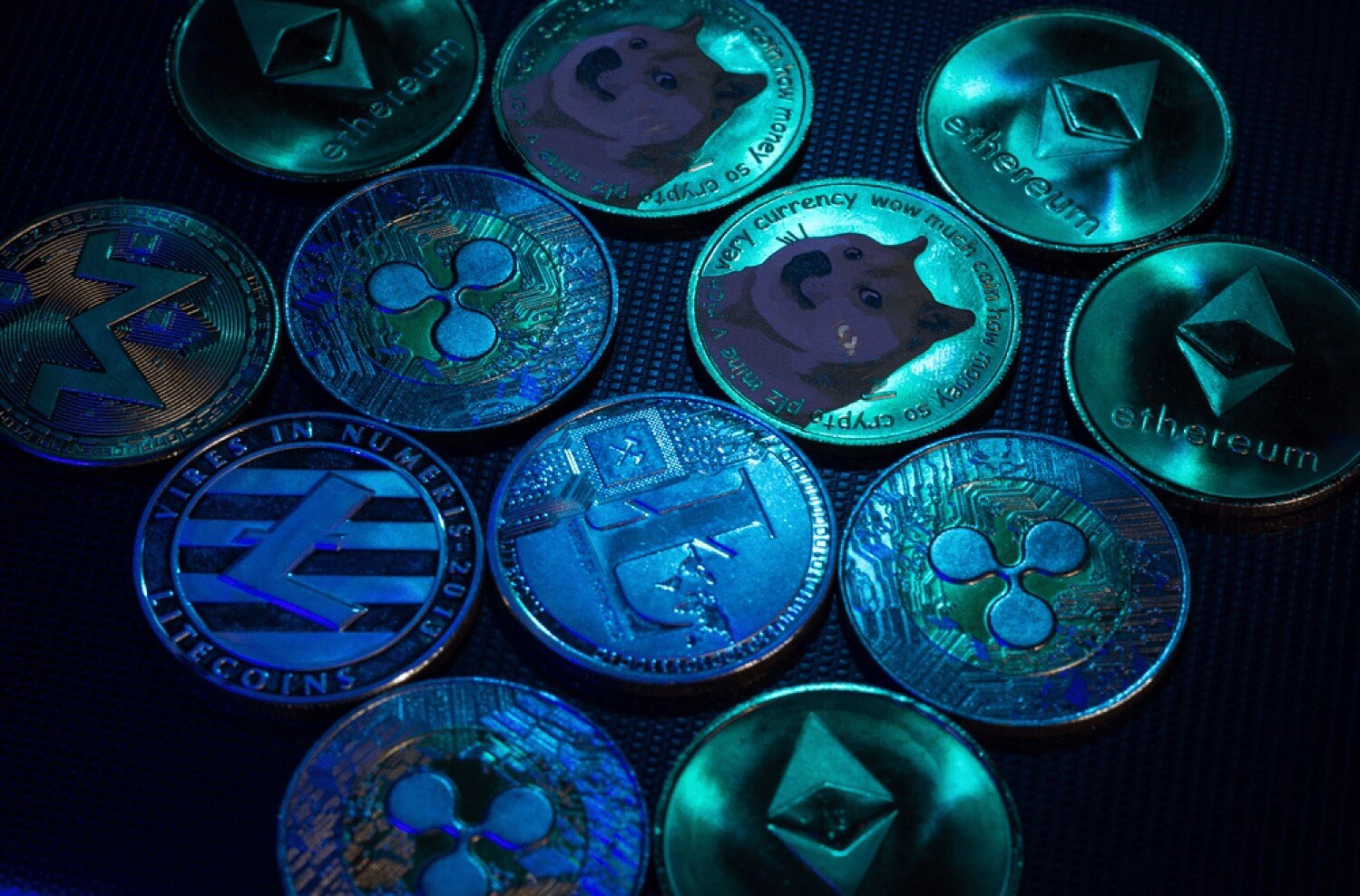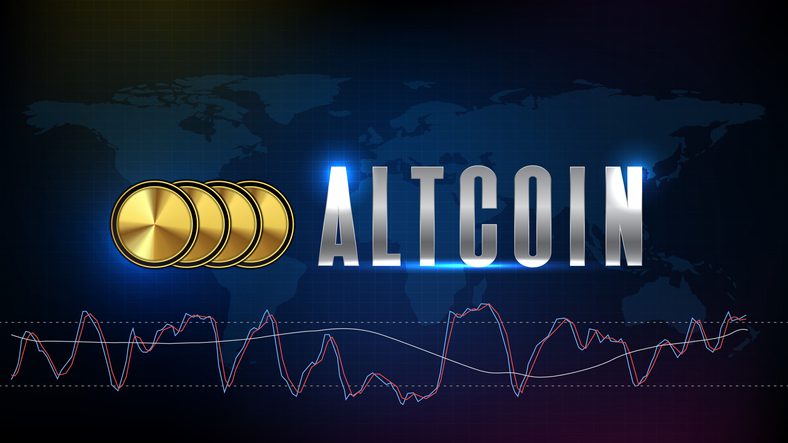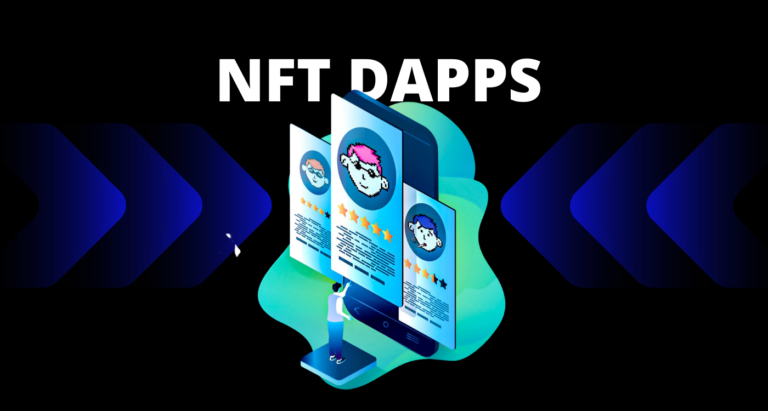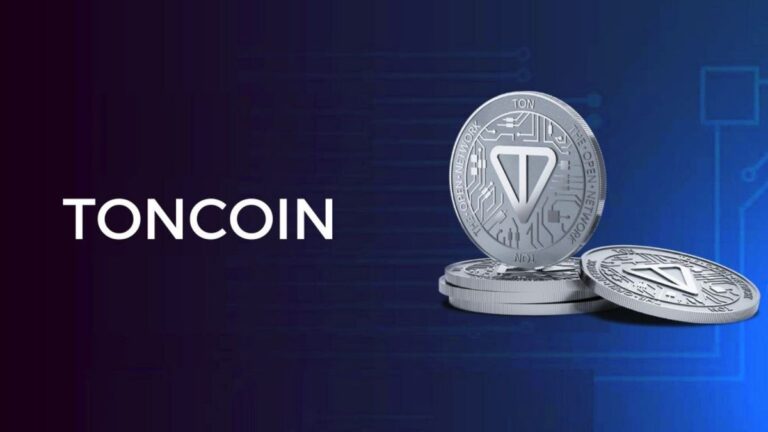Discover Altcoins: The Future Beyond Bitcoin
When most people think of cryptocurrency, Bitcoin is usually the first thing that comes to mind. However, the world of cryptocurrency is vast, and Bitcoin is just the tip of the iceberg. Altcoins—a term that refers to any cryptocurrency other than Bitcoin. For beginners, navigating the world of altcoins can be overwhelming, but this guide aims to demystify these digital assets and help you understand their significance in the crypto ecosystem.
What Are Altcoins?

Altcoins, short for “alternative coins,” are cryptocurrencies developed as alternatives to Bitcoin. They operate on their own blockchain networks, using similar technology to Bitcoin but often with modifications aimed at addressing perceived limitations of Bitcoin. Since Bitcoin’s launch in 2009, thousands of other coins have emerged, each offering unique features, use cases, and innovations.
Why Do Altcoins Exist?
While Bitcoin remains the most well-known and valuable cryptocurrency, it has limitations. For instance, Bitcoin’s transaction speed and scalability are often cited as weaknesses. Altcoins were created to address these issues and to offer something new to the cryptocurrency market.
Here are a few reasons why altcoins exist:
1. Innovation: Many altcoins are designed to improve upon Bitcoin’s technology. For example, Ethereum introduced smart contracts, which allow developers to create decentralized applications (DApps) on its blockchain.
2. Scalability: Some altcoins aim to process transactions more quickly or handle more transactions per second than Bitcoin. Litecoin, for example, was designed to process transactions four times faster than Bitcoin.
3. Privacy: Coins like Monero and Zcash focus on enhancing privacy, offering more anonymous transactions compared to Bitcoin.
4. Specialization: Altcoins often serve specific niches. Ripple (XRP), for instance, is designed to facilitate fast and low-cost international money transfers.
Popular Types of Altcoins
The cryptocurrency market is diverse, with each coin offering something different. Here are some of the most popular categories of altcoins:
1. Stablecoins: These are designed to maintain a stable value by pegging them to a reserve of assets, usually a fiat currency like the US Dollar. Tether (USDT) and USD Coin (USDC) are examples of stablecoins, providing a way to hold digital assets without the volatility of other cryptocurrencies.
2. Utility Tokens: These tokens are used within a specific platform or ecosystem to access services or functions. Ethereum (ETH) is a prime example, as it’s used to pay for transactions on the Ethereum network.
3. Security Tokens: Representing ownership in an asset or company, security tokens are akin to traditional stocks or bonds but are recorded on a blockchain.
4. Meme Coins: While often created as jokes, some meme coins like Dogecoin (DOGE) have gained significant popularity and value. They thrive on community support and social media hype.
5. Governance Tokens: These tokens grant holders voting rights within a decentralized autonomous organization (DAO) or protocol. Holders can influence decisions on the future development of a project.
Risks and Considerations
While these alternative coins offer exciting opportunities, they also come with risks. Here are some factors to consider:
1. Volatility: They are often more volatile than Bitcoin, with prices that can swing dramatically in short periods. This volatility can lead to significant gains but also substantial losses.
2. Liquidity: Some altcoins have low trading volumes, making it difficult to buy or sell large quantities without affecting the market price.
3. Regulatory Risks: The regulatory environment for cryptocurrencies is still evolving. Some coins might face legal challenges or restrictions, affecting their value and usability.
4. Scams and Fraud: The altcoin market has its share of scams and fraudulent projects. It’s essential to do thorough research before investing in any altcoin.
The Future of Altcoins
Alternative coins represent the broader innovation happening within the cryptocurrency space. As blockchain technology evolves, altcoins are likely to play an increasingly significant role in various industries, from finance to supply chain management. However, their future is uncertain, and not all these coins will survive in the long term.

For beginners, the key to navigating the altcoin market is education. Understanding the technology, the purpose behind each coin, and the risks involved will help you make informed decisions. As you become more familiar with altcoins, you may find them to be a valuable addition to your cryptocurrency portfolio, offering opportunities beyond what Bitcoin can provide.
Also Read:When is MemeFi Listing? Breaking $MemeFi TGE Announcement
Conclusion
While Bitcoin may be the pioneer, altcoins are the future of cryptocurrency, providing innovation, diversity, and new possibilities in the digital economy. As with any investment, it’s essential to do your homework, understand the risks, and start small as you explore the world of altcoins.







